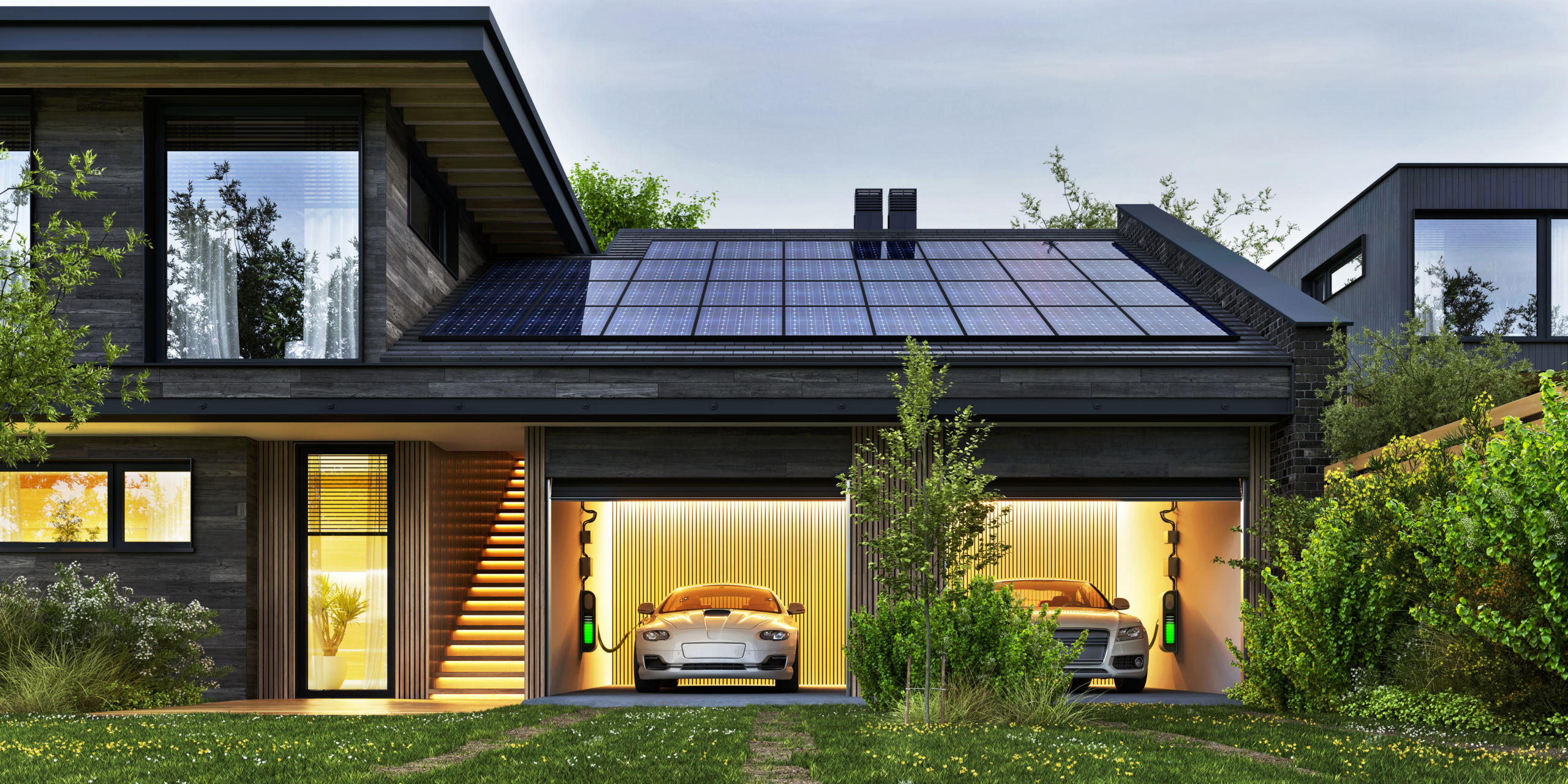What to Know When Installing Electric Vehicle Charging in Your Home

Owning an electric vehicle (EV) not only helps you save money on fuel but also contributes to environmental protection. While public charging stations are becoming more accessible, it’s worth considering the convenience of having your own home charging station. If you’re contemplating the installation of an electric vehicle charger at home, here are some essential factors to consider.
- Charging Speed: Most EVs come with a standard Level 1 charger, which is slower as it plugs into a traditional outlet. For faster charging, many EV owners opt for Level 2 chargers, which operate at a higher voltage (240-volt) and amperage. Installing a Level 2 charger requires a different plug type and typically requires the assistance of an electrician.
- Hard-Wired vs. Plug-In Chargers: Plug-in Level 2 chargers are cheaper and portable, but permanently installed (hard-wired) chargers can handle higher currents, allowing for faster charging. Hard-wired chargers are more suitable for outdoor charging.
- Installation Location: If your home lacks a garage or carport, installing a home EV charger may not be feasible. If your garage has a suitable power source, the installation process should be relatively straightforward. However, if there’s no power outlet in the garage, additional construction work, such as running cables underground or through the basement ceiling, may be necessary, which can increase installation time and cost.
- Installation Costs: In cases where the installation is straightforward, like having a garage with a power outlet, the installation cost by an electrician and required permits may be around $500 or more. In more complex situations where the power source is far from the car or your home’s electrical service needs upgrading, costs can significantly rise. Additional charges ranging from $2,000 to $4,000 may apply if a new electric panel is required. For extensive upgrades to the entire electrical service, costs can reach up to $8,000.
Installing a home EV charger requires careful consideration of factors such as charging speed, charger type, installation location, costs, and potential rebates. By understanding these key points, you can make an informed decision about installing an electric vehicle charger at home.
If you are considering putting your home on the market, or are looking for a green home, reach out!


